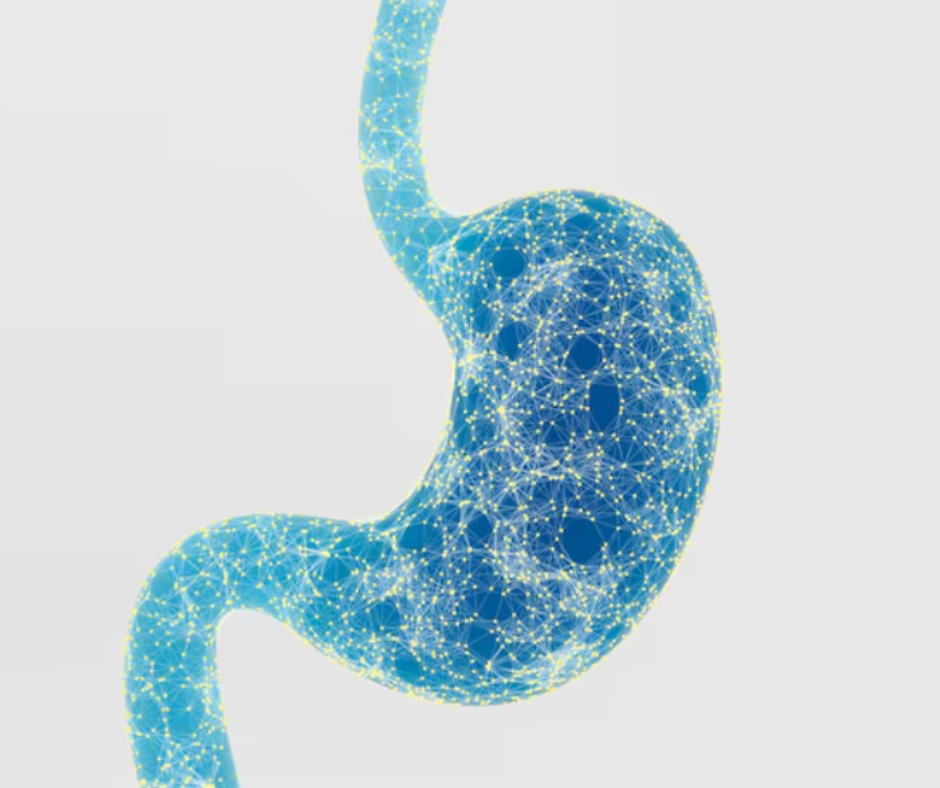Liver Failure: Causes, Symptoms, Diagnosis, Treatments
- livercarecenter23
- Jan 8, 2024
- 3 min read
Introduction
When it comes to our health, it's important to understand the various conditions that can affect our vital organs. One such condition that can have serious consequences is liver failure. In this article, we will explore the causes, symptoms, diagnosis, and treatments of liver failure. Understanding this condition can help in early detection and better management of the condition. So let's dive in and learn more about liver failure.

Liver Failure: What Is It?
Liver failure is a serious condition where the liver loses its ability to function properly. The liver plays a crucial role in our body by filtering toxins, producing important proteins, and assisting in digestion. When the liver fails, it can lead to a range of complications and potentially life-threatening situations.
Causes of Liver Failure
Liver failure can be caused by a variety of factors. Some common causes include:
Viral Hepatitis: Viral infections such as hepatitis B and C can cause inflammation and damage to the liver cells, gradually leading to liver failure.
Alcohol Abuse: Long-term and excessive alcohol consumption can take a toll on the liver, leading to liver damage and eventually liver failure.
Drug Overdose: Certain prescription medications, as well as recreational drugs, can cause severe liver damage, which may progress to liver failure.
Autoimmune Diseases: Conditions like autoimmune hepatitis, where the immune system mistakenly attacks the liver cells, can lead to liver failure if left untreated.
Cirrhosis: Chronic liver diseases such as cirrhosis, which results from scarring of the liver tissue, can eventually lead to liver failure.
Symptoms of Liver Failure
Liver failure can present with a variety of symptoms, which may vary from person to person. Some common symptoms include:
Jaundice: Yellowing of the skin and eyes is a common sign of liver failure, indicating the buildup of bilirubin in the body.
Fatigue: Feeling constantly tired or weak, even with adequate rest, can be a symptom of liver failure.
Abdominal Swelling: Fluid buildup in the abdomen, known as ascites, can occur in liver failure, leading to abdominal swelling and discomfort.
Easy Bruising and Bleeding: Liver failure can result in a decreased production of clotting factors, leading to easy bruising and prolonged bleeding.
Mental Confusion: Changes in mental function, such as difficulty concentrating or confusion, can occur in advanced stages of liver failure.
Diagnosis of Liver Failure
To diagnose liver failure, healthcare professionals rely on a combination of medical history, physical examination, and diagnostic tests. Some common diagnostic tests used to identify liver failure include:
Liver Function Tests: Blood tests that measure the levels of liver enzymes and proteins can help assess liver function.
Imaging Studies: Ultrasound, CT scan, or MRI may be used to evaluate the liver for any structural abnormalities or signs of liver damage.
Liver Biopsy: In some cases, a small sample of liver tissue may be collected for microscopic examination, to determine the extent of liver damage.
Viral Hepatitis Testing: Blood tests can be done to check for the presence of viral infections such as hepatitis B and C.
Treatments for Liver Failure
The treatment of liver failure depends on the underlying cause and severity of the condition. Some possible treatment options include:
Medications: Medications may be prescribed to manage the symptoms and underlying causes of liver failure, such as antiviral medications for viral hepatitis.
Liver Transplant: In severe cases of liver failure, a liver transplant may be necessary. This involves replacing the damaged liver with a healthy liver from a donor.
Lifestyle Changes: Adopting a healthy lifestyle, including abstaining from alcohol and maintaining a balanced diet, can help slow down the progression of liver failure.
Symptom Management: Medications or procedures may be used to manage specific symptoms of liver failure, such as diuretics to reduce fluid buildup or blood transfusions to address bleeding issues.
Conclusion
Liver failure is a serious condition with potentially life-threatening consequences. By understanding the causes, symptoms, diagnosis, and treatments of liver failure, individuals can take proactive steps to prevent or manage the condition. If you experience any symptoms related to liver failure or have concerns about your liver health, it is important to consult with a healthcare professional for proper evaluation and guidance. Remember, early detection and intervention can make a significant difference in the outcome of liver failure. Take care of your liver, and it will take care of you.
More information: Liver specialist in kerala



Comments